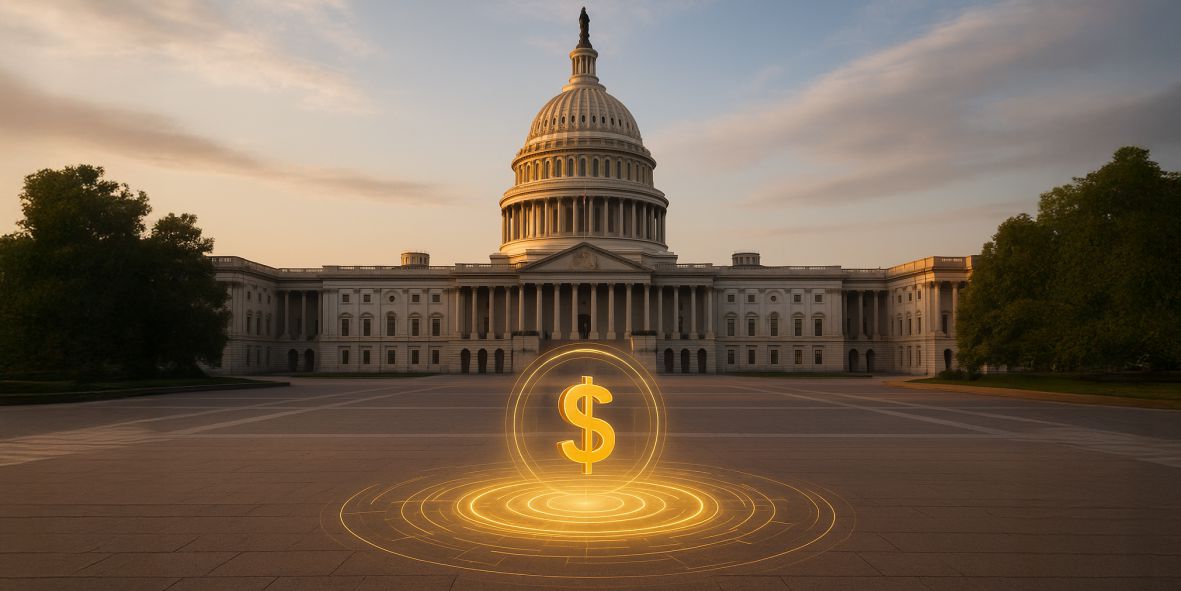Key takeaways
- US Senate advances GENIUS Act: The Senate voted 66–32 to proceed with the GENIUS Act, which aims to regulate stablecoins.
- Bipartisan support secured: Sixteen Democrats joined Republicans after a compromise amendment addressed key concerns.
- One amendment turned the tide: The changes included consumer protections and stricter conduct rules for government-linked roles.
- Initial Democratic Opposition: Nine Senate Democrats had previously opposed the bill, citing gaps in oversight, security, and anti-money laundering measures.
The U.S. Senate voted 66-32 on Monday to advance the GENIUS Act, a bipartisan bill that would establish the nation’s first regulatory framework for stablecoins. This comes just two weeks after it was blocked by a united Democratic front.
According to an NBC report, the procedural vote passed after 16 Democrats joined Republicans to surpass the 60-vote threshold needed to move the GENIUS Act forward.
However, Republican Senators Rand Paul of Kentucky and Jerry Moran of Kansas voted against the motion, even though their party holds only a small lead in the Senate.
The bipartisan approval came after last-minute negotiations led by a group of senators from both parties, who reached an agreement over the weekend that addressed key Democratic concerns.
An amendment introducing stronger consumer protections, placing limits on tech companies’ ability to issue stablecoins, and expanding ethics rules for special government employees was key to winning Democratic support for the GENIUS Act.
However, according to the report, Democratic negotiators committed to backing the GENIUS Act regardless of the amendment’s fate, signaling a unified push to regulate the fast-growing digital asset sector.
Democrats Nearly Blocked GENIUS Act Over Safety Concerns
Before the Senate advanced the GENIUS Act in a 66–32 vote, the legislation faced strong pushback from the Democratic Party.
Earlier this month, nine Democratic senators publicly withdrew their support, warning they would oppose the bill unless key regulatory issues were resolved. Their concerns centered on what they described as persistent gaps in oversight.
In a joint statement, the group cited the bill’s failure to include robust consumer protections, safeguards against money laundering, and guardrails for national security. Without meaningful improvements, they declared, the bill would be too risky to support in its then-current form.
Complications escalated when reports surfaced about a crypto initiative linked to President Trump’s sons planning to introduce their own stablecoin. This development amplified conflict-of-interest concerns and introduced further obstacles to ongoing bipartisan discussions.
However, despite their objections, the Democrats signaled they were not abandoning negotiations entirely. Their statement left the door open for future revisions, which ultimately led to Monday’s vote pushing the GENIUS Act closer to final passage in the Senate.
Read More: Ripple Gains Ground in UAE with Zand & Mamo Deals







